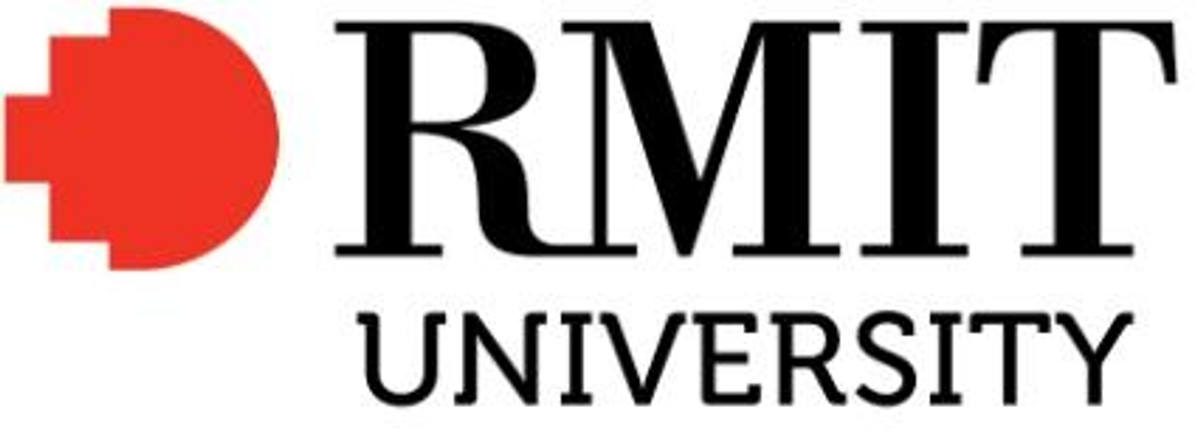Bachelor of Applied Science (Medical Radiations)

You may have heard that the Victorian state government is investing $44 million on PET scanners for hospitals around the state, but did you know that RMIT is the only university in Victoria to train the nuclear medicine technologists who can operate the scanners?
Nuclear medicine uses very small amounts of radioactive materials (radiopharmaceuticals) to diagnose and treat disease. Common nuclear medicine applications include cardiac stress tests to analyse heart function, bone scans for orthopaedic injuries, and lung scans for blood clots.Radiopharmaceuticals are detected using special cameras (gamma camera technology and positron emission tomography) to provide real-time images of processes occurring within the body.
Nuclear medicine technologists work closely with patients and other health professionals in the treatment of disease. They carry out tests, which may include cardiac stress tests to analyse heart function, bone scans for orthopaedic injuries and lung scans for blood clots.
At RMIT, nuclear medicine is offered as one of three specialised streams within the Medical Radiations Degree. The VCE prerequisite subjects are: Units 1 and 2: satisfactory completion in one of Biology or Chemistry or Units 3 and 4: one of Biology or Chemistry; Units 3 and 4: a study score of at least 30 in English (EAL) or at least 25 in English other than EAL; Units 3 and 4: a study score of at least 20 in one of Maths: Mathematical Methods or Maths: Specialist Mathematics. The ATAR for 2023 entry is 79.80.
Find out more at Bachelor of Applied Science (Medical Radiations) - RMIT University.

